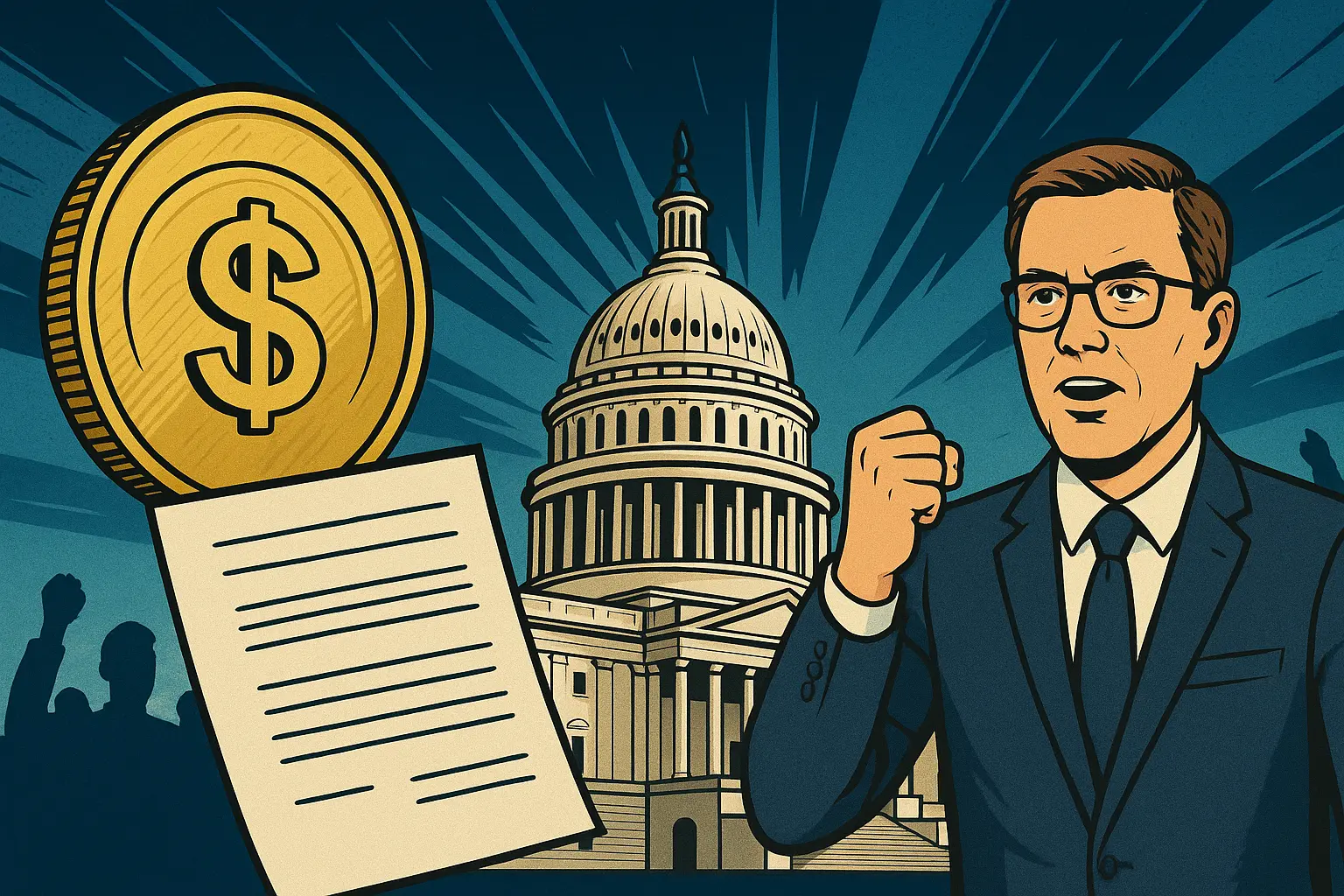The Senate's decision comes after Majority Leader John Thune moved to close further amendments to the bill on June 9, blocking additional procedural delays. The GENIUS Act's passage sets the stage for full consideration in the House, where progress is expected to be more complex due to competing legislative proposals.
The Democratic opposition, led by Senators Elizabeth Warren, Chuck Schumer, and Amy Klobuchar, criticized the bill for lacking important amendments and argued that it primarily serves the interests of crypto businesses, particularly those tied to the President's associates. Warren stated: "This bill moved forward without a single change—even those with broad bipartisan support were ignored. While strong stablecoin legislation is ideal, this document is worse than having no bill at all."
In contrast, Republican leadership and President Donald Trump have championed the GENIUS Act, framing it as a step toward cementing America's leadership in the global digital asset market. Trump previously stated he wants to see both stablecoin and market structure legislation on his desk by August.
GENIUS Act vs. STABLE Act: What’s Next?
The House Financial Services Committee has developed its own bill—Stablecoin Transparency and Accountability for a Better Ledger Economy (STABLE)—which advanced in April 2025. While the STABLE bill shares common ground with the GENIUS Act, notable differences include provisions regarding foreign stablecoin issuers and their U.S. market access.
Key Provisions of the GENIUS Act
- 100% reserve backing in US dollars or highly liquid assets
- Explicit ban on claims of FDIC insurance for stablecoin products
- Priority for stablecoin holders in bankruptcy proceedings
- Full compliance with the Bank Secrecy Act
- Foreign issuers allowed only after vetting and in close cooperation with US agencies
- Monthly publication of reserve reports by issuers
- Annual audits for issuers with over $50B in stablecoin assets
- Issuers with up to $10B can operate under general supervision; larger entities fall under Fed and OCC oversight
Regulatory uncertainty remains a primary barrier to wider stablecoin and crypto adoption, as cited by both SMBs and Fortune 500 executives in recent industry reports. Passage of the GENIUS Act represents a critical juncture for the industry’s regulatory clarity.
The Trump administration’s vocal support and the bill’s bipartisan Senate approval signal momentum for digital asset regulation in the US. The next stage will hinge on negotiations with the House and possible reconciliation with alternative proposals like the STABLE Act.

